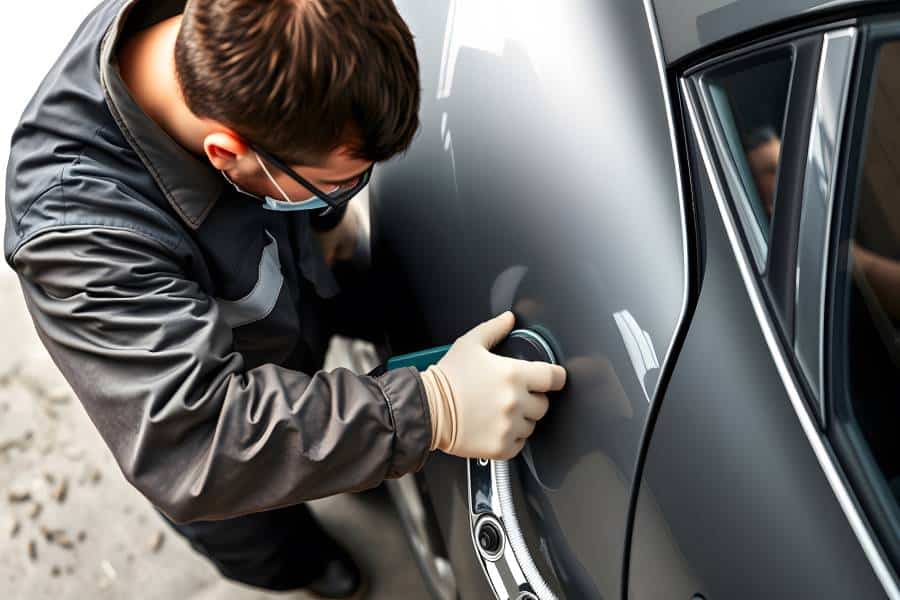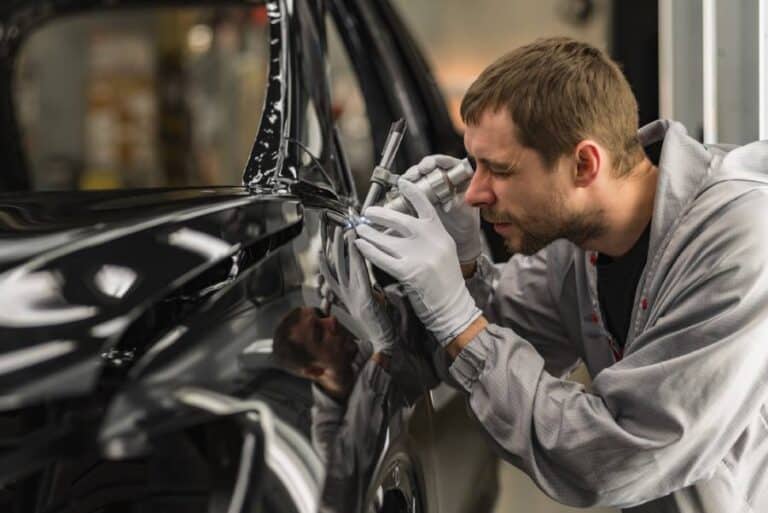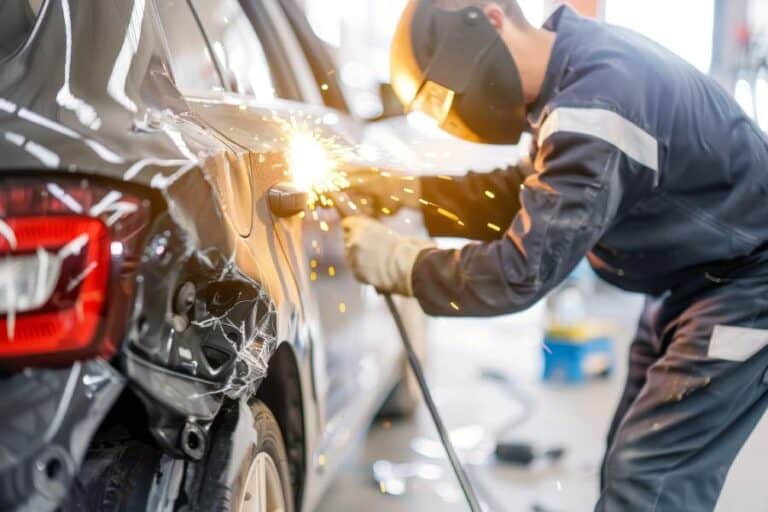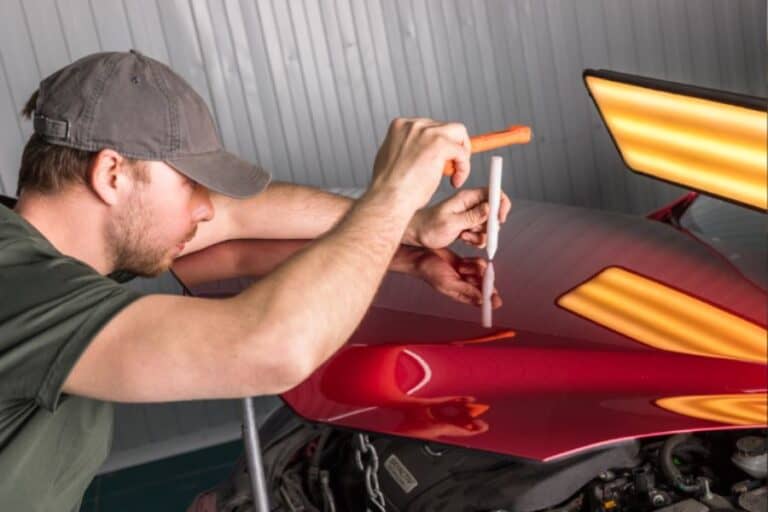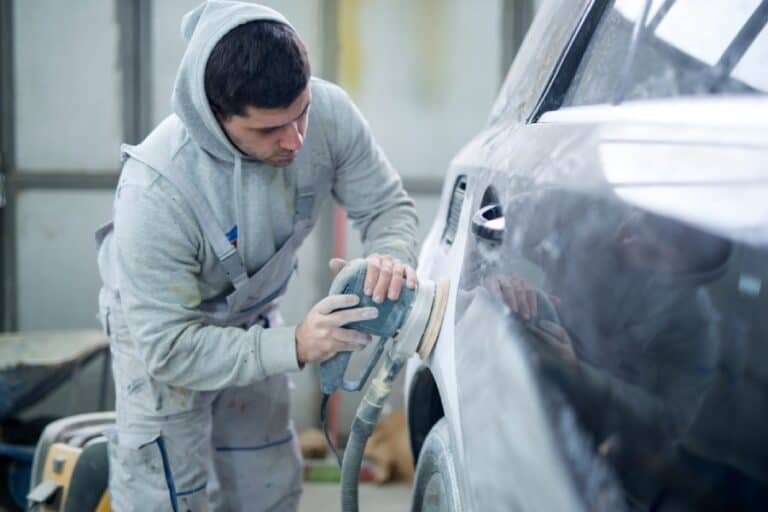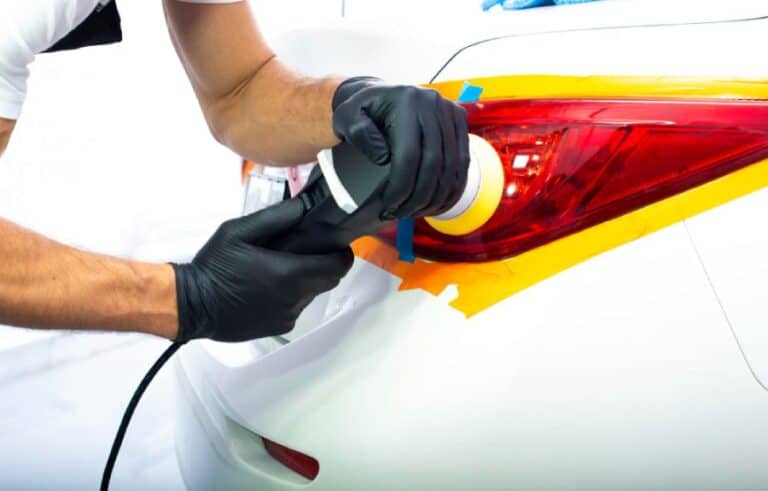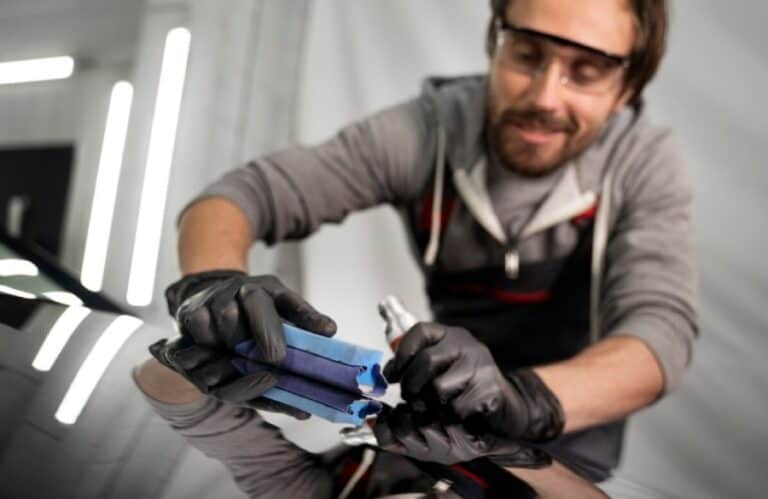Timely Dent Repair: Essential For Preserving Your Vehicle’s Worth
Owning a vehicle inevitably comes with its share of dents and scratches. Be it from an errant shopping cart, a small accident, or hail, these blemishes can diminish both the look and worth of your car. Addressing these dents quickly is important not just for visual appeal but also for preserving your vehicle’s value in the long run. In this article, we will discuss the significance of timely dent repairs, various repair techniques at your disposal, and strategies to maintain your car’s condition to enhance its lifespan and resale potential.
The Importance of Timely Dent Repair
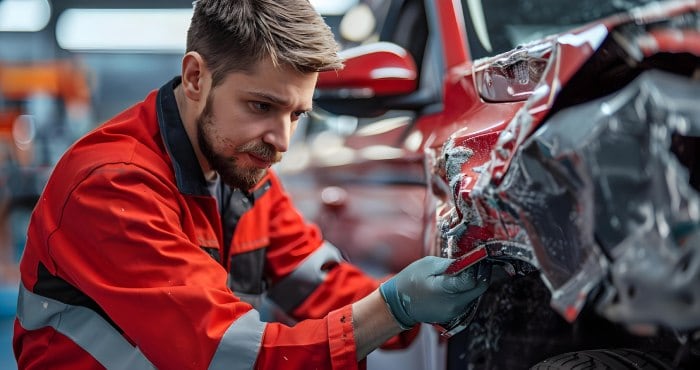
Aesthetic Appeal
A dent can significantly alter how your vehicle looks right away. A flawless exterior boosts your car’s visual charm, contributing to a more pleasurable driving experience and ownership. On the other hand, visible dents can give the impression of neglect and reduce your car’s appeal. This aspect is especially crucial if you value your vehicle or aim to convey a polished image.
Resale Value
When you’re ready to sell or trade your car, its state will play a crucial role in determining how much you can get for it. A vehicle that appears well-cared-for often gives buyers the impression of a conscientious owner, which can enhance its perceived value. Conversely, any noticeable damage might prompt lower bids, as prospective purchasers could be concerned about the car’s overall integrity. By addressing dents promptly, you can maintain your vehicle’s value and potentially secure a more favorable financial outcome.
Prevention of Further Damage
Neglecting a dent can cause more serious problems later on. For example, if a dent reveals the metal beneath, it may lead to rust, particularly in areas with high humidity or regular rainfall. Rust can weaken your vehicle’s structure and result in expensive repairs down the road. By taking care of dents quickly, you can avoid further damage and protect yourself from larger repair costs in the future.
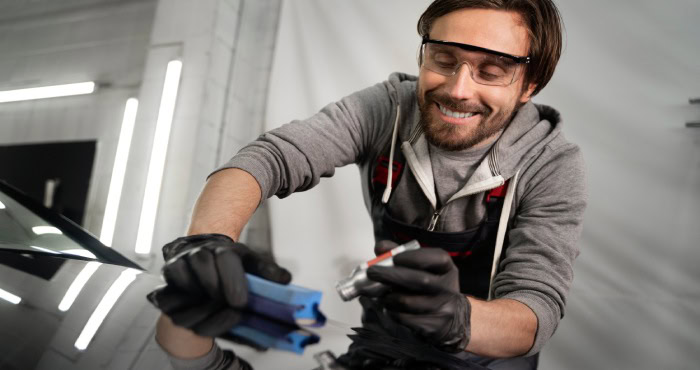
Insurance Considerations
Numerous auto insurance plans include coverage for dent repairs, particularly those caused by accidents or adverse weather conditions. If you postpone the repair, you risk losing the opportunity to file a claim. Additionally, addressing the dent promptly can help avoid additional issues that could complicate your claim process. Documenting timely repairs can also be beneficial for future interactions with your insurance company.
Types of Dent Repair Methods
In the realm of dent restoration, various approaches can be utilized depending on the extent and position of the injury. Below are some of the frequently used methods:
Paintless Dent Repair (PDR)
Paintless dent repair (PDR) has gained popularity as an effective way to address minor dents while keeping the vehicle’s paint intact. This process entails reaching behind the panel and employing specialized tools to gently massage the dent back into place. Compared to conventional repair techniques, PDR is typically faster and more affordable, making it particularly suitable for small, shallow imperfections. Additionally, it helps maintain the original factory finish, which is essential for preserving the car’s value.
Traditional Body Shop Repair
In cases of significant damage, opting for conventional body shop repairs might be required. This process typically includes sanding the affected area, using filler, and repainting the surface. Although this technique can successfully enhance the vehicle’s look, it generally takes more time and can be pricier compared to paintless dent repair (PDR). Furthermore, traditional methods may alter the car’s original paint finish, potentially influencing its resale value.
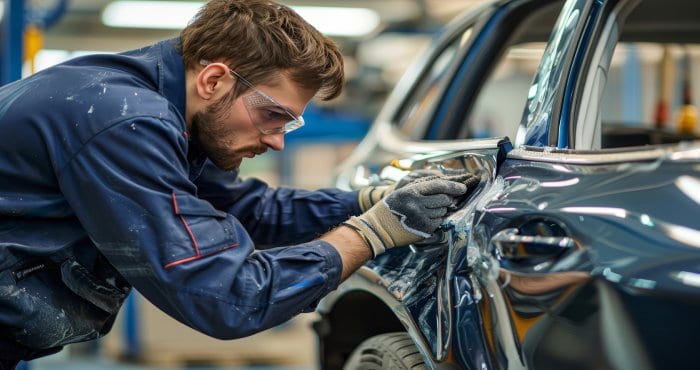
DIY Dent Repair Kits
If you like to take matters into your own hands, you can find DIY dent repair kits on the market. These kits generally come with the necessary tools and step-by-step guidance for fixing minor dents. Although they can work well for small issues, the outcome may depend on how skilled the user is. It’s crucial to do some research and adhere to the provided instructions closely to prevent any additional harm to your vehicle.
Best Practices for Managing Vehicle Dents
To successfully handle and avoid the formation of dents, keep these recommended strategies in mind:
- Regular Inspections: Consistently inspect your car for any fresh dents or damages. Identifying issues early enables prompt repairs and helps avoid additional problems such as rust or paint degradation.
- Use Protective Measures: Take precautions by choosing to park in more secure and less populated locations, utilizing car covers, or applying protective films to safeguard your vehicle against possible dents from outside forces.
- Prompt Professional Maintenance: Consistently bring your car in for expert servicing, allowing professionals to identify any hidden dents and suggest repair solutions before they escalate.
- Know When to Repair: Evaluate dents according to their dimensions and position. It’s important to address larger dents, those that compromise the paint, or those located in sensitive areas quickly to prevent lasting harm and the risk of rust development.
- Consider Dent-Repair Coverage in Insurance: Check your insurance policy to see if it includes coverage for dent repairs. If it does, submitting a claim quickly can help you avoid higher costs for repairs down the line.
- DIY Repairs for Small Dents: If you have minor, shallow dents, you might want to try DIY dent repair kits. Just be sure to read and adhere to the instructions closely to prevent any further damage.
Adhering to these recommended strategies will help you handle vehicle dents more efficiently, preserving both the aesthetic and resale value of your car in the long run.
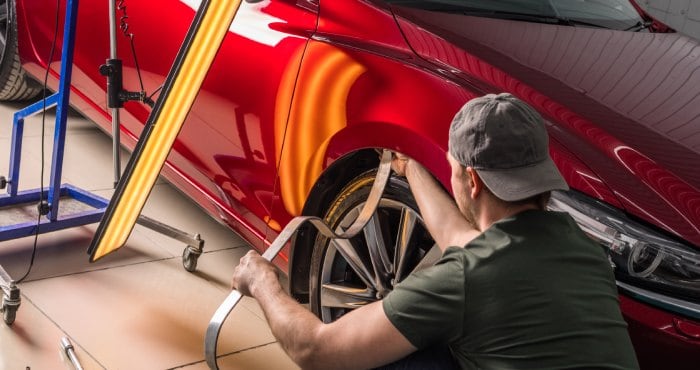
Promptly repairing dents is essential for maintaining your car’s worth and enhancing its longevity. Quickly addressing these imperfections not only enhances the vehicle’s look but also protects its resale value by avoiding additional harm, like rust formation or paint degradation. Acting swiftly prevents small problems from developing into more expensive repairs, thereby preserving your vehicle’s overall health.
Regardless of whether you decide to hire a professional repair service or tackle the repairs yourself, prompt action is essential for preserving your vehicle’s value. Familiarizing yourself with various repair techniques and implementing preventive strategies, like routine check-ups and protective measures, can help keep your car in excellent condition. By being proactive, you guarantee that your vehicle continues to be a dependable and valuable resource.

